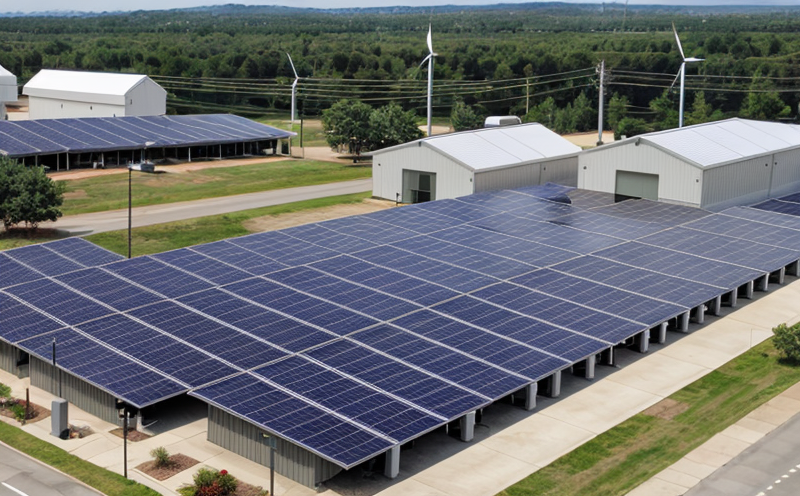IEC 62282 Fuel Cell System Testing for Distributed Applications
The International Electrotechnical Commission (IEC) Standard IEC 62282-103 covers the testing of fuel cell systems in distributed applications. This standard is critical for ensuring that fuel cells meet safety, performance, and environmental requirements before deployment in real-world scenarios.
Testing according to this standard involves a series of rigorous procedures designed to evaluate the durability, efficiency, and safety of fuel cell systems under various operating conditions. These tests are essential not only for compliance with international regulations but also for enhancing the reliability and performance of distributed energy systems.
Fuel cells operate by converting chemical energy into electrical energy through electrochemical reactions. For this process to be efficient and safe, stringent testing is required. The IEC 62282-103 standard addresses multiple aspects including:
- Performance under load
- Efficiency at different operating conditions
- Safety mechanisms against overpressure and overheating
- Emissions testing to ensure minimal environmental impact
- Durability and longevity of the fuel cell system components
The tests outlined in this standard are particularly relevant for distributed energy systems, which include microgrids. These systems often operate off-grid or as part of a local grid, providing power directly to end-users. Ensuring that each component, including the fuel cells, meets the necessary criteria guarantees seamless integration and reliable performance.
| Test Parameter | Description |
|---|---|
| Load Testing | This test evaluates the system's ability to provide consistent power output under various loads. It ensures that the fuel cell can operate efficiently across a wide range of demands. |
| Emissions Testing | The emissions generated by the fuel cell are tested for their environmental impact, ensuring compliance with local and international standards. |
Applied Standards
The IEC 62282-103 standard is widely recognized for its comprehensive approach to fuel cell system testing. It integrates various international standards such as ISO, ASTM, and EN into a single framework tailored specifically for distributed applications.
| Standard | Description |
|---|---|
| IEC 62282-103 | Testing of fuel cell systems in distributed applications. |
| ISO/TS 19754 | Detailed test methods for fuel cells and hydrogen-related equipment. |
Environmental and Sustainability Contributions
- Fuel cell systems contribute to reducing greenhouse gas emissions by providing a cleaner alternative to traditional power sources.
- The use of hydrogen as fuel minimizes the carbon footprint, making it an environmentally friendly choice for distributed energy systems.
- Testing ensures that these systems are optimized for efficiency and longevity, further enhancing their sustainability impact.
Competitive Advantage and Market Impact
Adhering to the IEC 62282-103 standard provides several competitive advantages for manufacturers, developers, and operators of fuel cell systems. By ensuring compliance with this standard:
- Companies can enter new markets more easily.
- They demonstrate a commitment to quality and safety.
- Their products are more likely to be accepted by regulatory bodies.
In addition, compliance with this standard enhances the performance of distributed energy systems, contributing positively to market differentiation. This standard is not just about meeting regulations but also about setting benchmarks for excellence in fuel cell technology.





